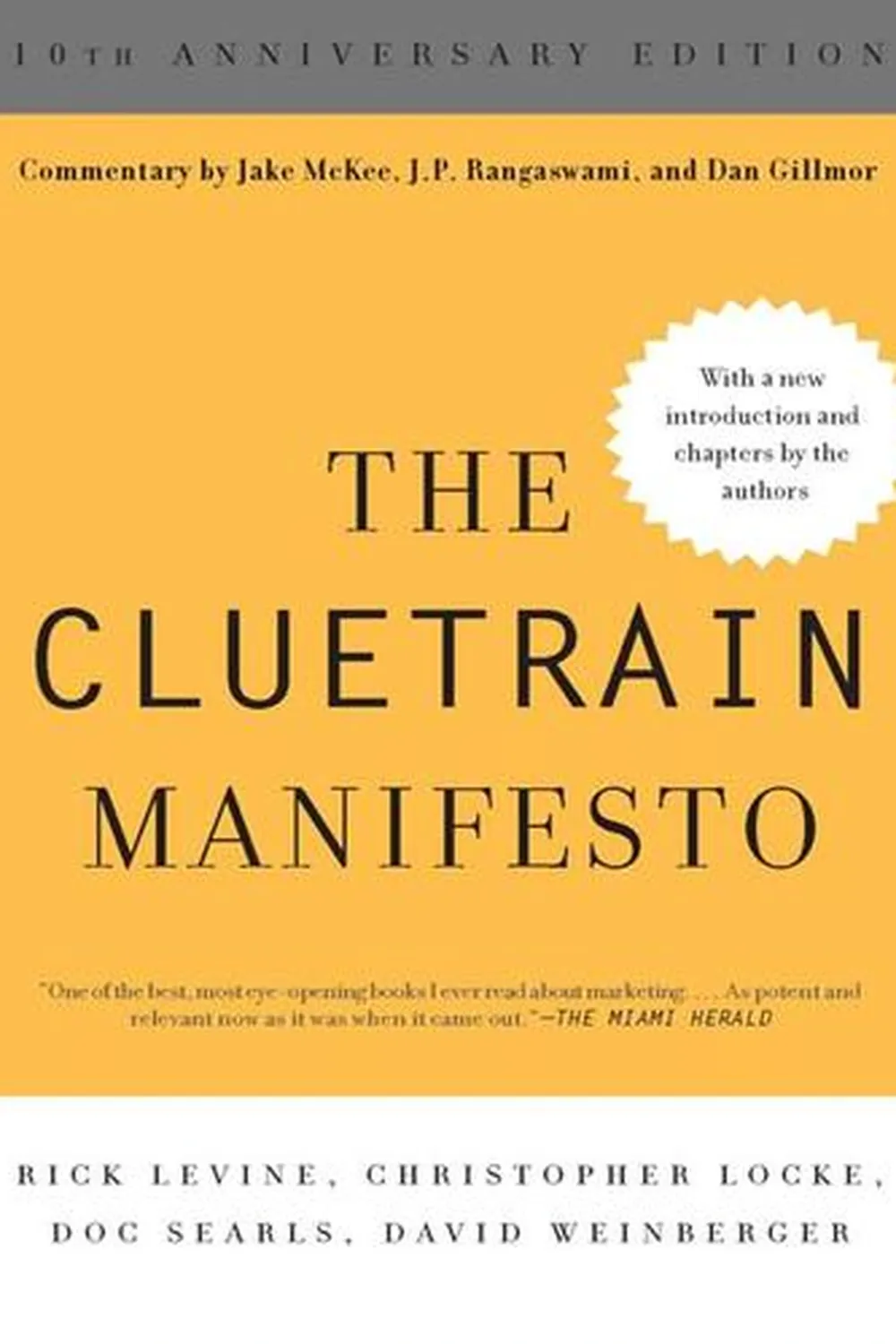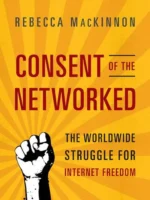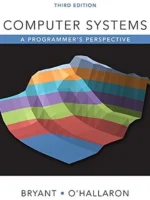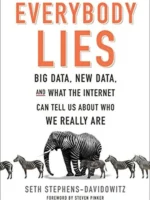The Cluetrain Manifesto: The End of Business as Usual Review
The Cluetrain Manifesto by Rick Levine, Christopher Locke, Doc Searls, and David Weinberger argued early that markets are conversations: networked customers talk to each other and expect companies to speak like humans. It reads like prophecy and user manual for social web reality.
Overview
Ninety-five theses challenge broadcast-era marketing, siloed org charts, and lawyered PR. The book contrasts authentic voice and transparency with corporate theater, urging dialog, openness, and trust as operating principles.
Summary
Core claims: hyperlinked people are smarter than your org chart; control is an illusion; brand is what users say when you’re not in the room; employees are part of the conversation whether you approve or not. Case anecdotes show both embrace and backlash.
Authors
Levine, Locke, Searls, and Weinberger write in manifesto mode—punchy, contrarian, grounded in early web culture.
Key Themes
Voice over spin; relationships over campaigns; transparency as strategy; internal networks as culture change.
Strengths and Weaknesses
Strengths: crisp diagnosis, durable principles. Weaknesses: light on org design mechanics and incentives; some rhetoric overshoots. Treat as north star, not a playbook.
Target Audience
Founders, marketers, product leaders, and execs tasked with trust and community.
Favorite Ideas
Markets are conversations; intranets as culture accelerants; humility as competitive advantage.
Takeaways
Speak with a human voice, listen in public, and design incentives that reward honest dialog. Reputation is co-authored with your users.









